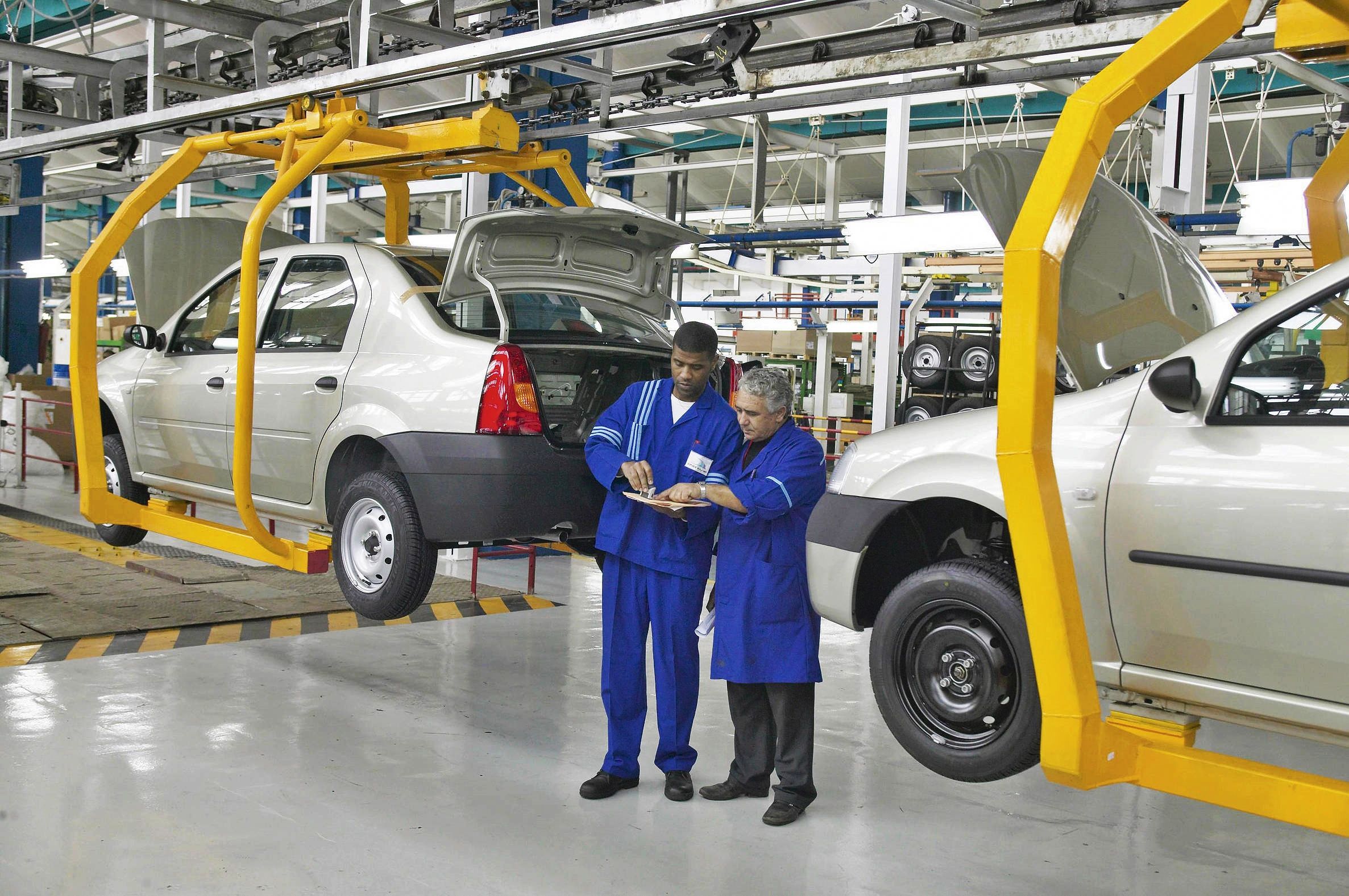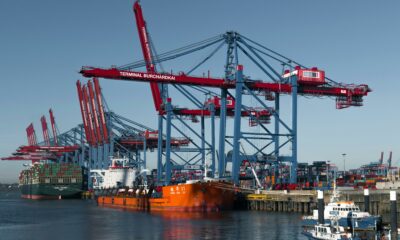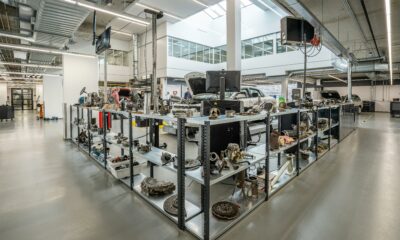Business
Trouble on the Assembly Line: SA’s Car Industry on the Brink

Labour unrest, global trade fears and economic stagnation collide as South Africa’s automotive sector teeters on the edge
South Africa’s auto manufacturing belt, a once-reliable engine of the national economy, is approaching a critical crossroads. Pay talks between the country’s biggest metalworkers’ union and global car giants risk collapsing into a strike that could stall production lines, jeopardise exports, and put more than 100,000 jobs at risk.
At the heart of the tension is a bold 10% wage demand from the National Union of Metalworkers of South Africa (Numsa), representing workers across plants operated by heavyweights like BMW, Toyota, and Ford. While employers have yet to formally respond, the standoff already has industry watchers holding their breath.
More Than Just Money at Stake
To outsiders, a 10% hike might sound ambitious, especially in a country where annual inflation hovers around 3%. But for workers on the ground, it’s a survival demand, not a luxury.
“Our members are not asking for bonuses. They’re asking to survive,” said Phakamile Hlubi-Majola, Numsa’s spokesperson. “A CPI-linked increase is unrealistic in a country where food, transport and rent are shooting through the roof.”
This is the union’s lowest opening demand in over a decade. But the context is different now grimmer, in fact. South Africa’s economy has barely moved the needle in 10 years, and it remains the most unequal country in the world. In this environment, the automotive sector, which makes up about 5% of national GDP and over a fifth of all manufacturing output stands as a critical lifeline.
Global Storm Clouds
Unfortunately, that lifeline is fraying. Several threats beyond wages are bearing down hard on the sector:
-
US Tariffs: Washington hiked import duties on vehicles and parts in April. Exports to North America had already plummeted 73% year-on-year by March.
-
Trade Uncertainty: South Africa’s AGOA status, which gives it tariff-free access to US markets hangs in the balance amid political and geopolitical tensions.
-
Electric Vehicle Shift: As key export markets pivot toward EVs, SA’s slow adaptation could sideline local producers.
-
Cheap Imports: A sluggish rand and rising domestic costs have turned the market into a battleground, with buyers opting for cheaper, often imported, models.
These are not future concerns. They’re current crises and they’re choking the industry’s ability to stay competitive.
Squeezed from All Sides
In township dealerships and city showrooms alike, South Africans are feeling the pinch. Nearly two-thirds of light vehicles sold last year were priced below R500,000, according to Paulina Mamogobo from NAAMSA. That’s a clear sign of buyers trading down or not buying at all.
Mamogobo says the industry is under pressure to bring forward its “master plan” for modernisation. “We need evidence-based reforms, and fast,” she warned.
Economists have echoed that urgency. Lesego Moshikaro-Amani from Trade & Industrial Policy Strategies says the country must act boldly: “We should be pushing local battery production, scaling mineral refining, and aggressively wooing new manufacturers.”
She also floated a new idea: producing smaller, affordable vehicles, including tuk-tuks and scooters for export across Africa. “We can’t just cling to the old model.”
What Happens If the Talks Collapse?
If Numsa and the automakers can’t strike a deal before the current agreement expires, we could see a repeat of past deadlocks that brought production to a standstill. The difference this time? The industry may not bounce back as easily.
Siyabonga Mthembu from BDO South Africa warns that viewing the wage hike in isolation is dangerous. “There’s a bigger ecosystem at play, power cuts, logistics nightmares, trade wars. All of it factors in.”
Social Media Buzz and Public Sentiment
On platforms like X (formerly Twitter), users are divided. Some workers have expressed support for Numsa’s demands, sharing personal stories of struggling to afford groceries despite full-time jobs. Others warn that excessive demands may push multinationals to reconsider investing in South Africa altogether.
“10% is not greed. It’s desperation,” wrote one user. Another replied, “And that desperation might kill the very jobs they’re fighting for.”
Formal negotiations are still ahead. Employers remain tight-lipped, likely weighing cost pressures, foreign directives, and future viability before making a move. Meanwhile, the government has been urged to intervene, not just as a mediator, but as a long-term strategist.
Averting a strike may keep the wheels turning, but real progress will demand more than peace at the bargaining table. It requires vision, one that keeps workers in jobs and keeps South Africa’s cars on the global road.
{Source: BusinessTech}
Follow Joburg ETC on Facebook, Twitter , TikTok and Instagram
For more News in Johannesburg, visit joburgetc.com


























